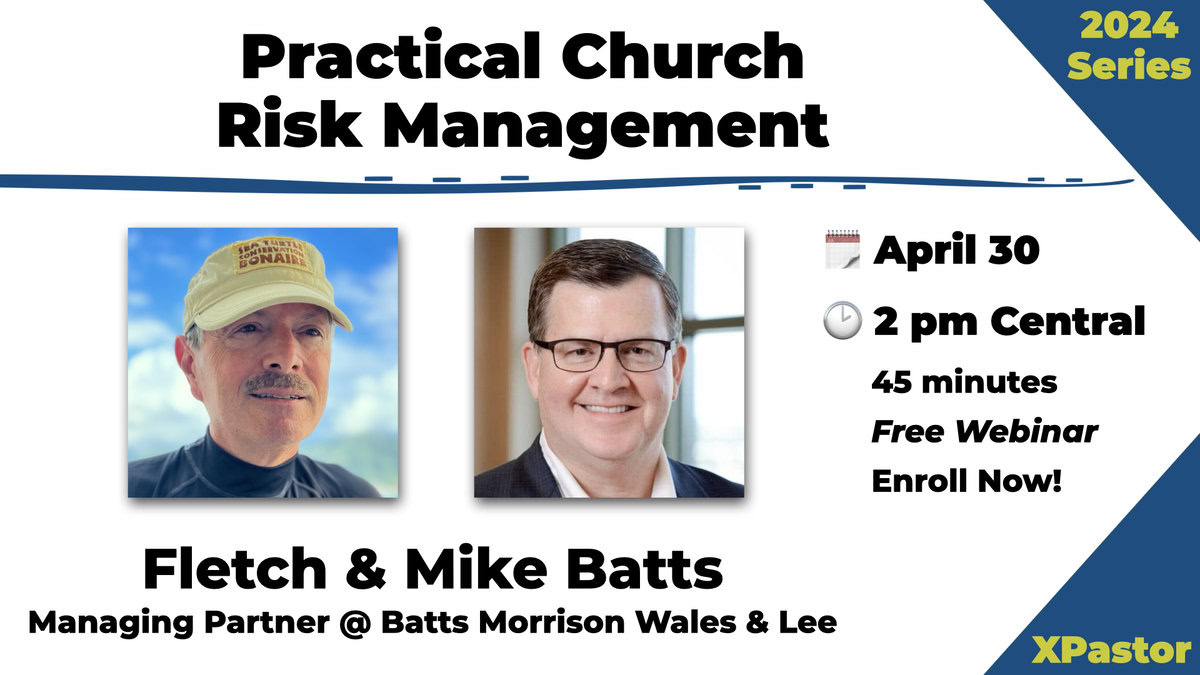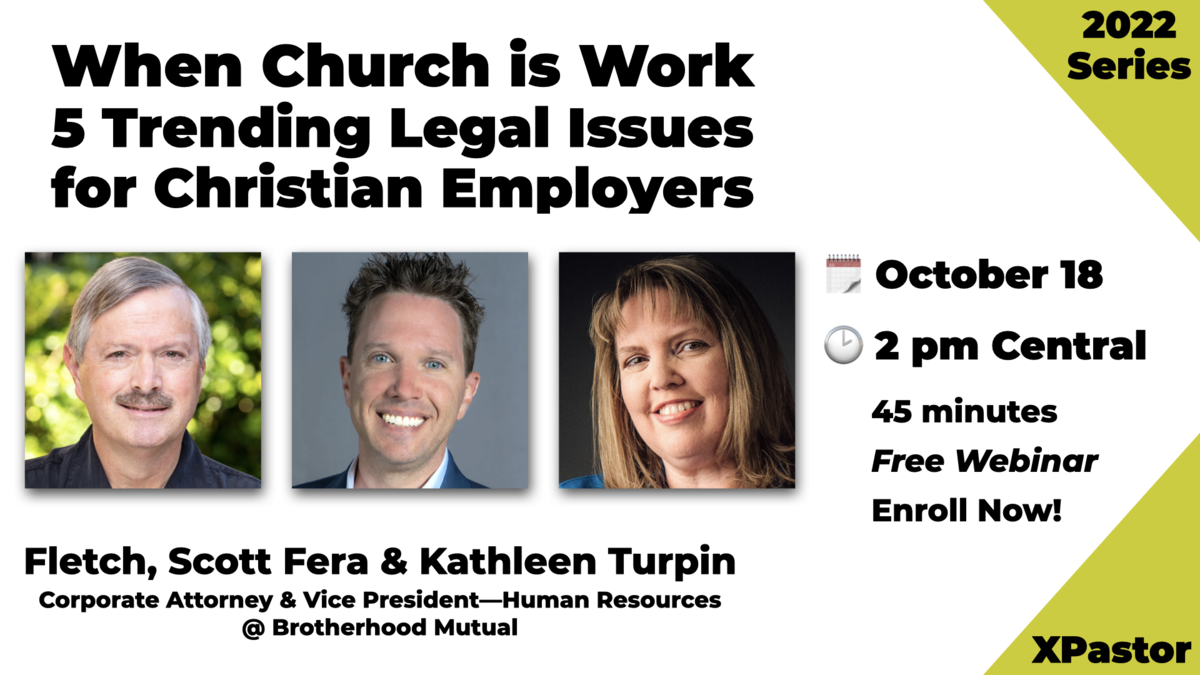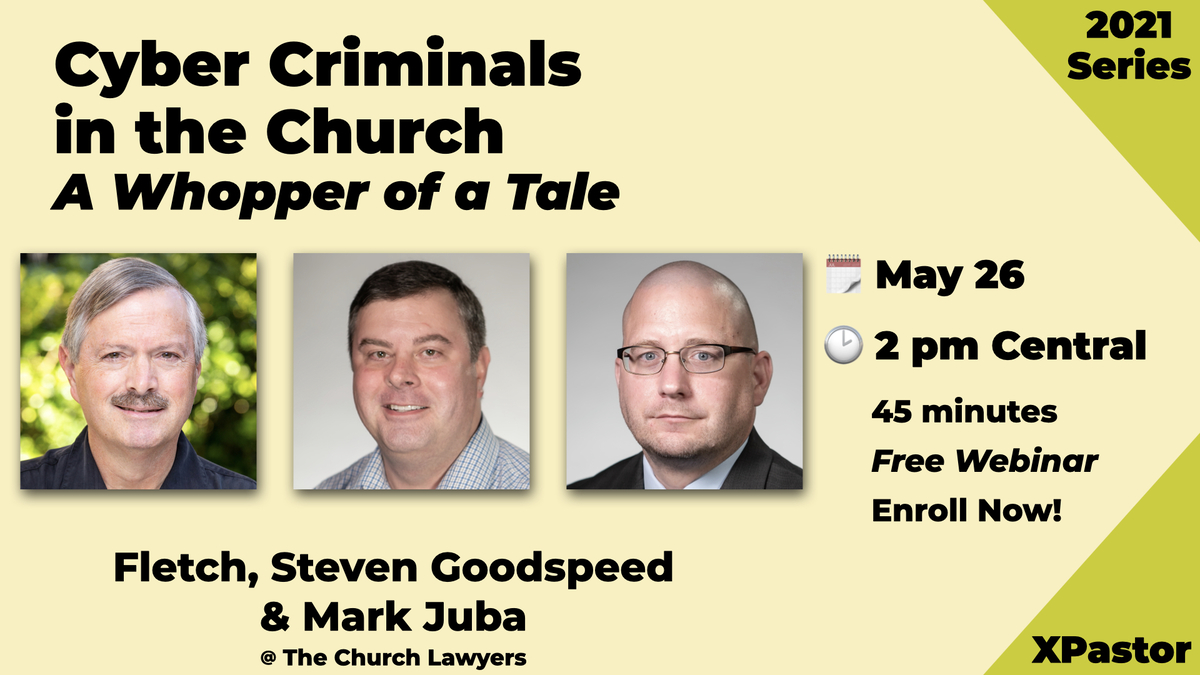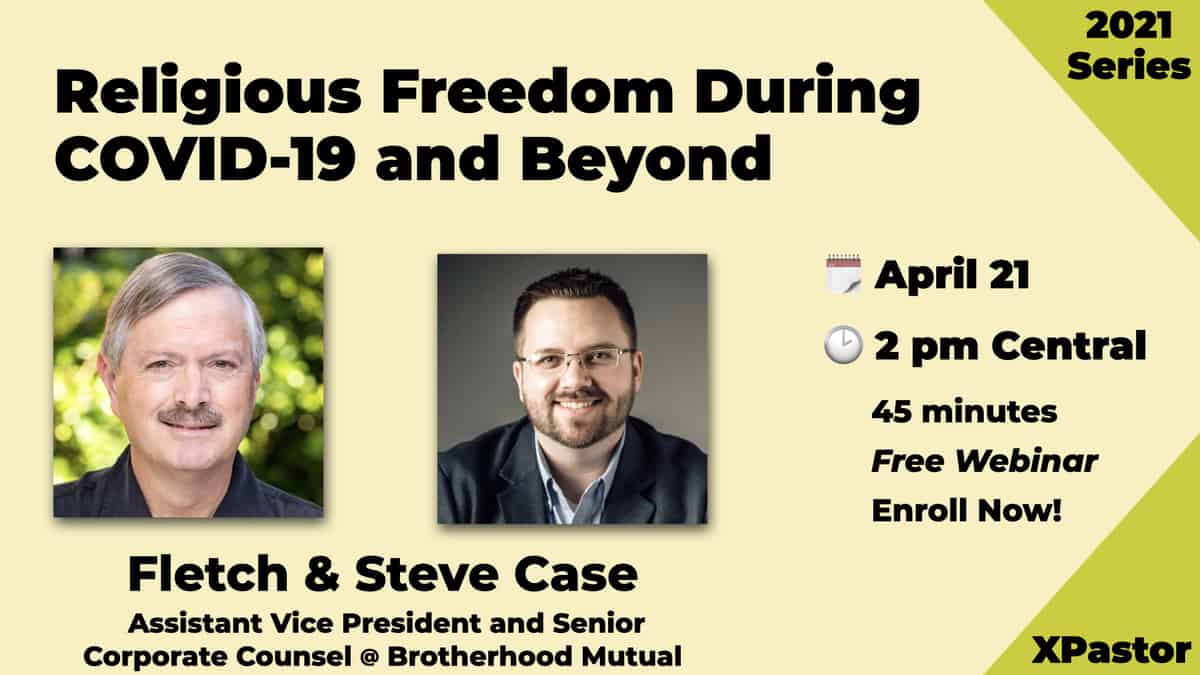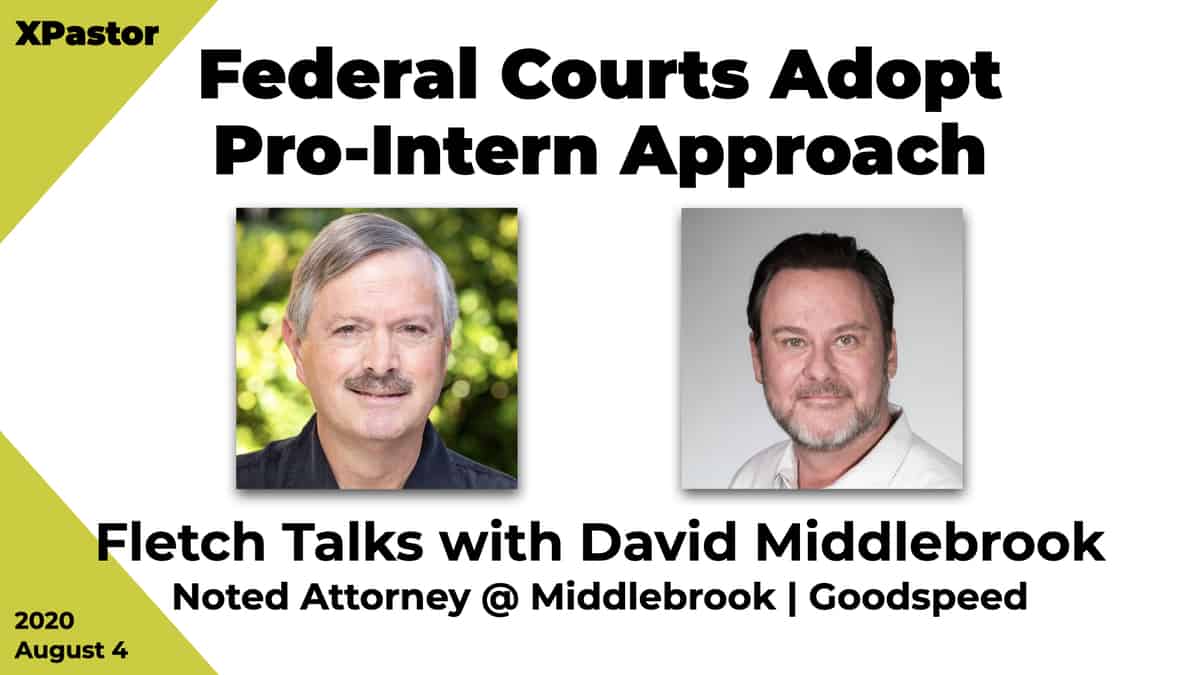In recent years, our society has begun to understand the widespread nature of child sexual abuse. Studies indicate that one female child out of every three and one male child out of seven will be sexually abused before reaching eighteen years of age, regardless of religious or socio-economic demographic.
Conservative estimates reveal nearly sixty million survivors of childhood sexual abuse living in America today. Sexual abuse is not limited to any racial, ethnic, or socio-economic class. It is no respecter of any religious denomination or creed. Sexual abuse can happen anywhere. Parents allow their children to participate in church programs for the positive experience of Christian growth, fellowship and spiritual mentoring. Obviously, this positive experience is shattered if a child is sexually abused while participating.
Sexual abuse should never happen in ministry, but the church and Christian ministries have experienced its devastating impact. Families and lives have been devastated, churches of all denominations have been sued, ministries have been destroyed, and the reputation of Christ’s bride has been tarnished. Unfortunately, the problem is growing.
In the last two years, an average of 23 new articles each day have appeared in secular media sources revealing sexual abuse allegations arising in Protestant churches in the United States. Protestants have been tempted to call sexual abuse a “Catholic problem;” this is simply not true.
Within the past five years, verdicts, judgments or settlements of millions of dollars have been levied against Protestant churches for sexual abuse allegations arising from children participating in ministry programs.
The church and its children are increasingly endangered by sexual predators whose opportunity to ensnare children elsewhere is growing smaller, while the church opens its doors to all. Sexual abusers looking for access to children will gravitate to activities and organizations where there are fewer protective measures in place. Secular organizations have responded to this inevitable truth by implementing policies and training to reduce risk. Many churches, however, have done little, because ministries fail to recognize the risks or are laboring under the misconception that “it won’t happen here.”
The standard of care embraced by public entities with children’s programming has risen dramatically in the past ten years. Secular organizations such as the Boy Scouts, Girl Scouts, Boy’s and Girl’s Clubs, theme parks, swimming pools and children’s clubs have grown far more sophisticated in screening employees and volunteers, as well as creating policies and procedures which protect children from abuse, while protecting staff members and volunteers from false allegations.
As public awareness and the standard of care rises, sexual predators are looking for access to children in places where protections are few: the church.
Christian media have begun to sound the alarm. Christianity Today (March 20, 2002), published an article entitled, “How the Clergy Sexual Abuse Scandal Affects Evangelical Churches,” stating:
Just watching and listening isn’t enough in the church today. Churches must actively screen Sunday School teachers, youth group leaders and other workers. Even laity must apply Ronald Reagan’s maxim during arms negotiations with the Soviet Union: ‘Trust, but verify.’ The widely held conception among church leaders that ‘the people will not tolerate screening’ is simply no longer true. To the contrary, people expect it and want it. What parent would rather attend church where youth workers are not screened?
While volunteers often undergo less scrutiny than paid staff, a 1996 study in Hammar’s Church Law and Tax Report found that half of all sexual misconduct offences in churches were committed by volunteer workers. Paid staff constituted thirty percent of the cases, and the remaining twenty percent were committed by other children in the congregation (peer-to-peer abuse).
“Peer-to-peer” abuse, children abusing other children, has risen dramatically within the past decade. Criminal prosecutors report a 300% increase in reports of peer-to-peer abuse in the last four years. Children often repeat behavior they have experienced or seen, so that even very young children may participate in sexual activity without understanding it. In one large metropolitan congregation, a young boy who had been abused by a family member fondled a young girl on the church playground, while children’s ministry staff members sat nearby. The church needs protection, but few churches understand or properly address this risk.
Criminal Background Checks
Some churches have begun to “screen” applicants using state database resources meant to reveal criminal convictions. Unfortunately, many state databases are not complete, and the majority of criminal background services only check the current county of residence of an applicant. For each church staff member or volunteer, the depth of a criminal background check should be determined by the extent of direct contact with children and degree of authority within a ministry activity or program. For a higher level employee, or a volunteer or staff member with extensive contact with children or students, a more comprehensive criminal background check may be advisable. A comprehensive check may include an actual county-by-county record search.
Checking for criminal convictions alone will not protect children in church programs. Statistically, less than 15% of sexual offenders are ever criminally prosecuted, because many have never been caught, or are allowed to simply leave a prior volunteer or staff position, rather than face prosecution for molesting a child. It’s a sad truth, even in the church. As a result, an offender may have no criminal record of wrong-doing to check.
Screening and Monitoring Policies
Together with appropriate criminal background checks, effective screening and monitoring policies can encourage a sexual predator to “self-select out” of church staff or volunteer pools. Skillful screening measures deter or prevent a molester from having access to children through ministry programs. Put differently, background checks and screening are the measures designed to “keep the wolf out of the sheep pen.”
Effective screening utilizes tailored application forms, reference forms and the interview process to assess whether a prospective employee or volunteer is high-risk for children’s programming. An applicant with inappropriate sexual motives carries with him or her various indicators and life patterns which help identify him or her as one who may not be appropriate for ministry with children or youth. Every church should be well versed in these indicators, but few are.
Skillful screening requires training of intake coordinators and interviewers, providing them with information and tools to recognize high-risk responses on applications, reference forms, or during an interview. Risk indicators might disqualify an applicant for service or employment, or simply instigate follow-up questions to rule out risk.
An appropriate background check, coupled with skillful screening, can be critical in preventing an abuser from assuming the church’s mantle of authority as a trusted ministry employee or volunteer. Even in circumstances where a high-risk staff member or volunteer is subsequently removed from a position of trust, it is difficult to “undo” the damage, because that person “once wore the nametag.”
Tailored Policies and Procedures
In addition, every church should operate within carefully tailored policies and procedures which balance the mission of the ministry with the risks inherent in children’s programming. For every program or activity, inherent risks must be evaluated and addressed in policies and procedures which reduce the likelihood of harm to children. Policies and procedures cobbled together from various sources are rarely effective, because “patchwork” policies are seldom tailored to a ministry’s activities, physical facilities and specific programming risks.
In general, policies and procedures are what you do, not what you say you do. The only thing worse than having no policy is having policy that staff members or volunteers do not follow, either because they do not know the policy, or they do not believe it applies to them.
Effective policy protects the church, its volunteers and staff members from “false allegations” or false reports of abuse. While most reports of abuse from children are true, false allegations do occur, and are costly to the church and the reputation and mission of the church universal.
Staff Member and Volunteer Training
The introduction of any new policy requiring change may meet resistance from those asked to comply—especially policies that place new responsibilities on volunteers. If volunteers and staff members are first trained, new policies make sense, and many emotional barriers to change are replaced by a desire to be part of a system which protects those who cannot easily protect themselves—our children.
Staff and volunteer trainings are key elements in the creation of a safe environment for children’s programming. When staff members or volunteers have an awareness of the basic characteristics of a sexual abuser, the process by which an abuser picks and prepares a child for abuse, and indicators of child sexual abuse, they are better equipped to recognize and prevent abuse in church programs.
Because the problem of sexual abuse is growing, secular organizations and legislative bodies are raising the bar. In Texas, for example, the recently-enacted “Youth Camp Act” became effective June 1, 2006. This Act requires “sexual abuse awareness training” from an approved provider for all camp staff and volunteers, covering specific topics, with an examination over the material. The Act’s definition of “youth camp” includes any “day camp,” defined so broadly that it arguably includes every “VBS” in the state of Texas.
Whether or not a church or ministry has a “camp” licensed by the state of Texas, the requirements laid out in this piece of legislation represent a “yardstick” measuring “reasonable behavior” for entities participating in activities described by the Act.
Many who watch legislation related to sexual abuse of children believe this to be the first wave of a legislative trend, with other states following with similar law. From a legal standpoint, this legislation impacts the “standard of care” for like activities in the state of Texas, and these standards will likely impact legislation in other states.
State laws will continue to be fluid in creating specific requirements for organizational policies, training, and record keeping, due to proactive victim’s groups who lobby state lawmakers. Other pieces of legislation concerning background checks and sexual abuse policies have passed or are in process in the New York, Kentucky, and California legislatures. Victims groups in California are extremely active and organized in their lobbying efforts aimed at their state legislature.
In other states, legislatures have enlarged statutes of limitations, the legal time limits on civil suits, to include language allowing lawsuits against organizations for sexual abuse when a victim understands that the damage he or she has suffered is related to the sexual abuse experienced; in other words, a very long time later, with potentially no numeric age cut-off.
The Church—Left Behind?
Sexual predators will gravitate to activities and organizations where fewer protective measures are in place. The church should lead the way in promoting a protective culture which is easily seen, obvious to parent and offender alike.
Every church has a vested interest in pro-actively communicating:
- This church is serious about protecting children.
- This church will require applications and interviews.
- This church will screen effectively.
- This church will train all staff members and volunteers to recognize and report grooming behavior.
- This church will skillfully monitor the behavior of staff members, volunteers and children.
- This church will expect ALL staff and volunteers to understand and comply with policies and procedures designed to prevent abuse.
When a pro-active church communicates effectively, sexual offenders will opt out of church programming, because “it’s just too hard here.”
Someday, perhaps it will be “too hard” in every church.


